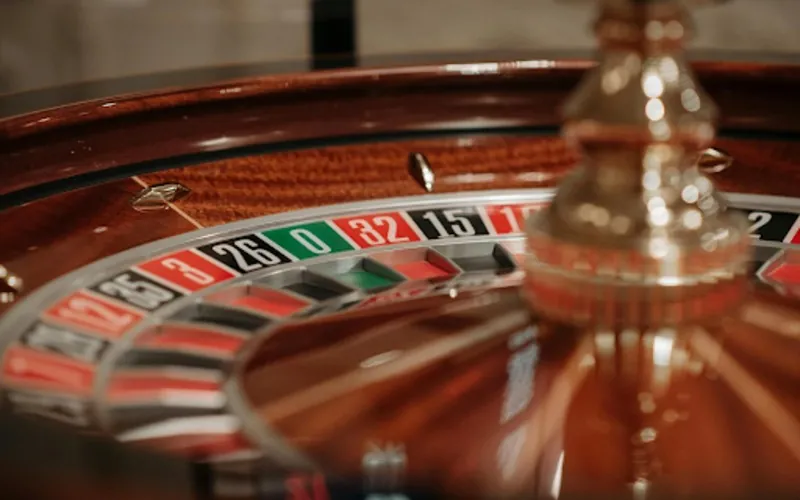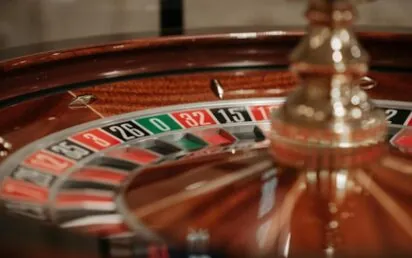Black market casinos are detrimental to both the UK public and the gambling industry. Seemingly the problem is cropping up all over the world, therefore can we partner with countries like Ireland to combat the negative effects of illegal gambling which include stealing, money laundering, identity theft, and a bad reputation for legal sites.
One way in which Ireland can influence the UK is by its new gambling regulation. The Gambling Regulatory Authority of Ireland (GRAI) is a new body that has assumed responsibility for regulating licensing for bookmakers from March 2025. The UKGC on the other hand was established in 2007 under the Gambling Act of 2005 and is much more outdated. Both have the role of ensuring the safety of punters but casino experts at Betfree have discussed how GRAI has recently announced an advertising ban between 5.30 AM and 9 PM which aims to protect children from gambling and also reduces the focus on it during the day. They say that this new rule “offers a unique tactic to reduce the scourge of children’s exposure to online casinos and gambling”.
How Can The UK and Ireland Share Information On Threats
Working together, the UK and Ireland can create a plan to utilize helpful tools and tackle the black market casino problem.
One way in which this can happen is by establishing a joint database that both authoritative bodies can access. Every time a site has been proven to be caught operating illegally the platform must immediately be shut down but also this information should be noted on the database. This way, there can be an exchange between the UKGC which is in charge of Great Britain (England, Wales and Scotland), and the GRAI in charge of Ireland. Hence there is co-operation and knowledge being shared, so it will be easier to monitor the illegal casinos if they crop back up again. There could also be a platform where the public can share their concerns and add any useful information.
It would also be helpful for investigations to be shared between the countries as this could significantly improve the time in which it takes for these casinos to be shut down. For example, just this March it was revealed that a study conducted in the UK showed Visa and Mastercard have been processing payments for black market casinos. Every year punters in the UK alone spend more than £2.7 million on such sites and if both gambling commissions joined forces, more of these investigations could be conducted. The unlicensed sites are then reported and taken down faster.
Techniques of Blocking Access To Offshore Casinos
When there is suspicion that a casino has been operating illegally, there must be steps made to block gamblers from using the platform and making any payments. After all, there is no guarantee that a black market casino will pay out your winnings, and there is no customer services to contact in these event. However there are some techniques which the UKGC can use to stop access before this is the case:
The most obvious thing to do is completely block the website or shut it down completely, so that it cannot be opened in the first place. When you click the link or enter the URL, the page will not load or you will be redirected to a different page telling you that the site is unavailable.
Automatic location checks are also a useful way to prevent access to offshore casinos. When the geographical region is a nation where betting is either banned or heavily restricted, this is a dead giveaway that the site is probably illegal. This may include Canada, Cuba, China, Japan, Turkey, and many other countries. The main currencies accepted are GBP and EUR so if a casino offers a huge range of currencies this is also suspicious. When punters use a casino that is from one of these countries, the UKGC can perform automated checks that the site is operating legally and if there are any concerns ban access to punters.
Rejecting transactions is a great way to prevent illegal casinos from operating. In the UK we have already put a stop to betting with credit cards from 2020 onwards, and the next payment method to look at is crypto. When an online casino offers crypto, punters should be cautious and do their research on the site including investigating their license. This is because crypto payments are anonymous and it is easier to commit fraud and other suspicious activity, so many legal casinos do not allow it as a payment method.
Monitoring social media can help to block access to offshore casinos because to get the word out, this is where they often advertize. Therefore investigating every report made by the public and also having members of the UKGC on popular apps like Instagram, X, and Facebook could help figure out which sites are illegal.
Work To Take Down Payment Providers Acting Illegally
Once there is tangible evidence that a payment provider is acting illegally, something must be done. This is vital to protect existing customers and also safeguard potential victims in the future. The credit card ban was a good example of the UKGC tackling illegal payment providers but what more can be done?
Firstly, the Gambling Commission must inquire into any casinos that have been reported, as the recent discovery of Visa and Mastercard processing illegal payments has shown that many of the platforms were already on the list of sceptical sites that the UKGC was aware of.
Also, it is vital to penalize the payment platforms that work with online casinos that don’t have a valid license yet continue to run. This could include significant fees, being put on a list, or imprisonment if it was done knowingly.
Although e-wallets are a convenient and fast way to bet, certain digital payment platforms are associated with criminal activity. Making it public knowledge not to work with them could be beneficial.
What we can gather is that the UK and Ireland have brilliant ideas on how to reduce black market casinos, and it would be made easier with collaboration.


